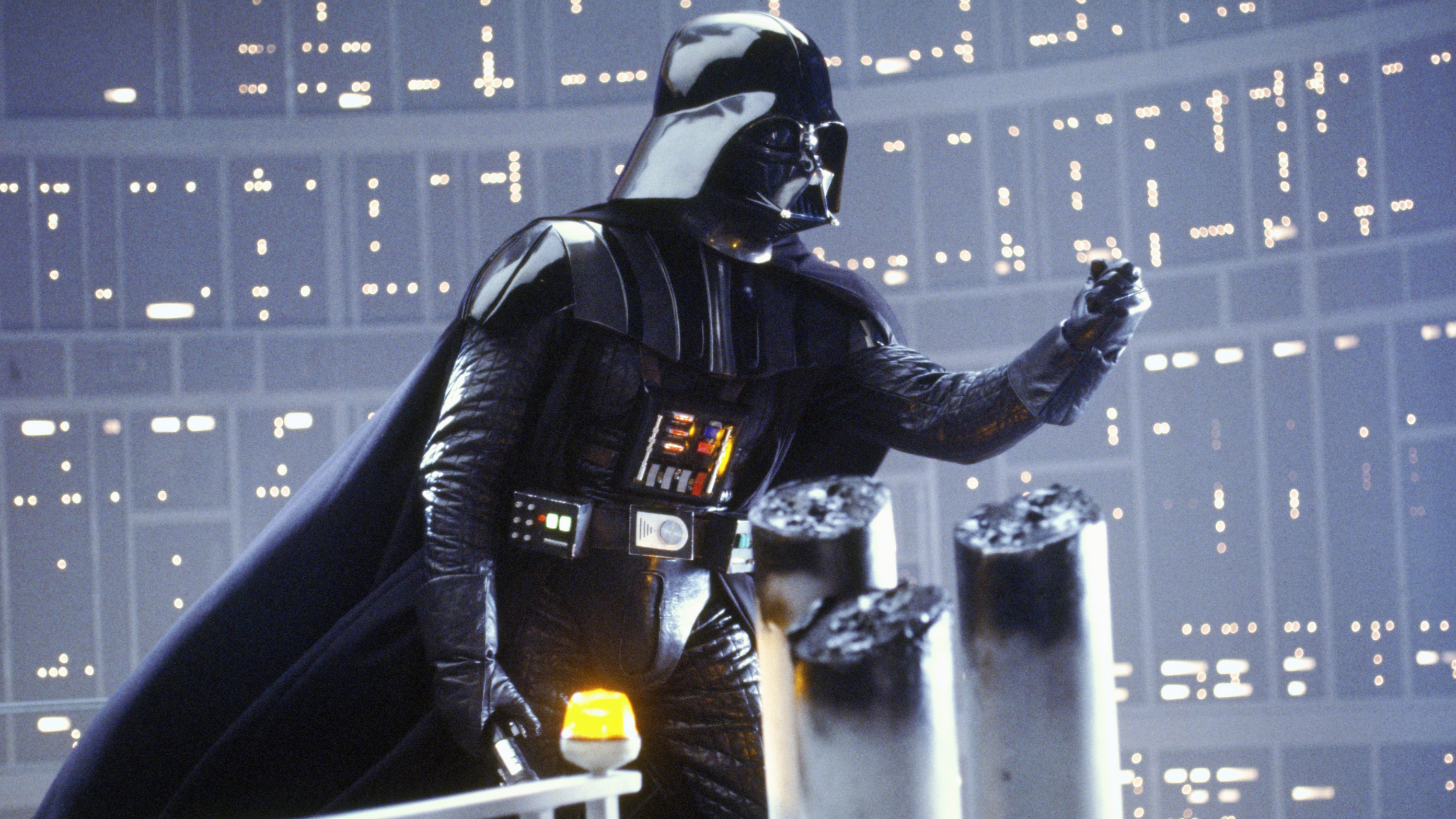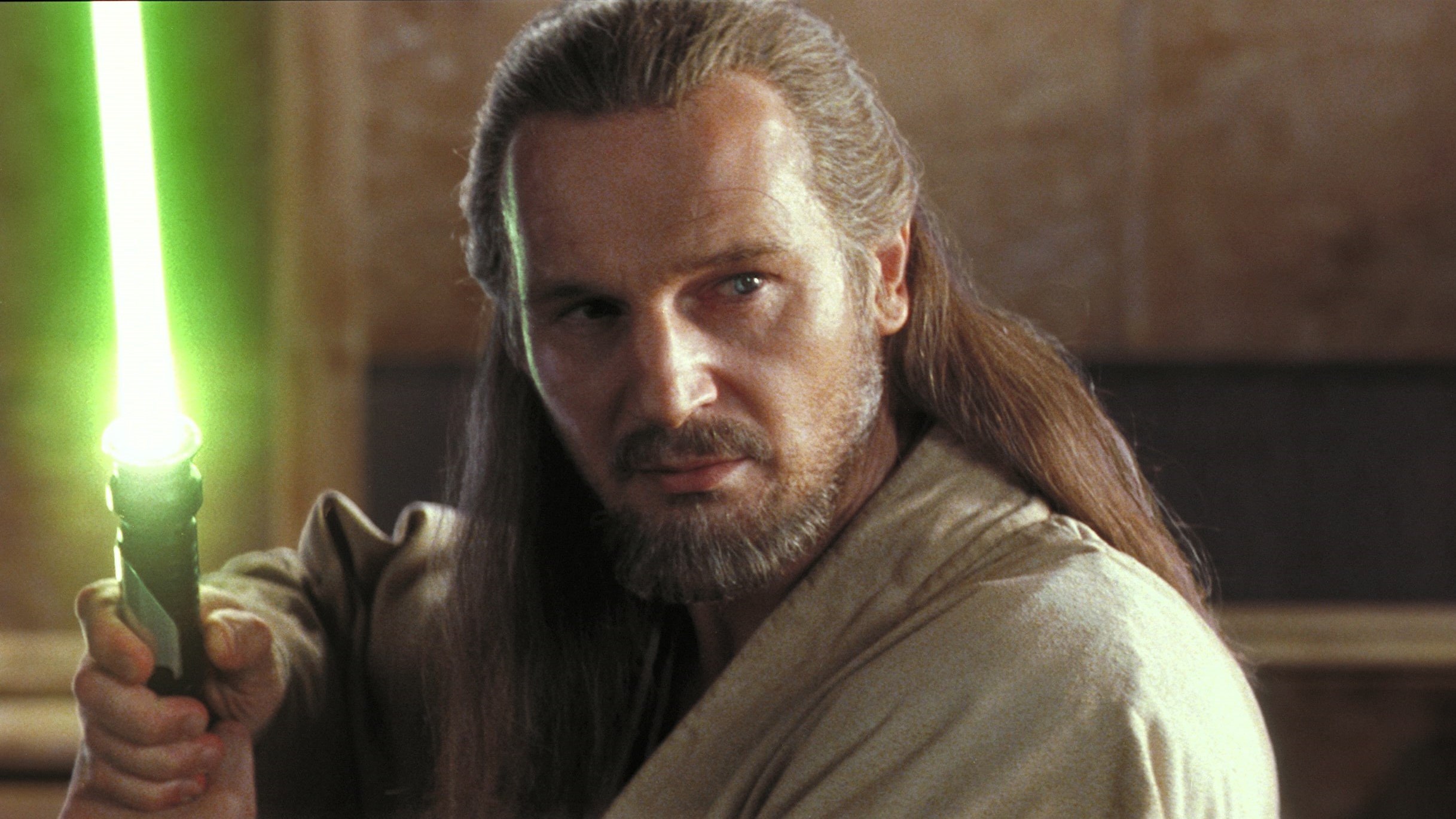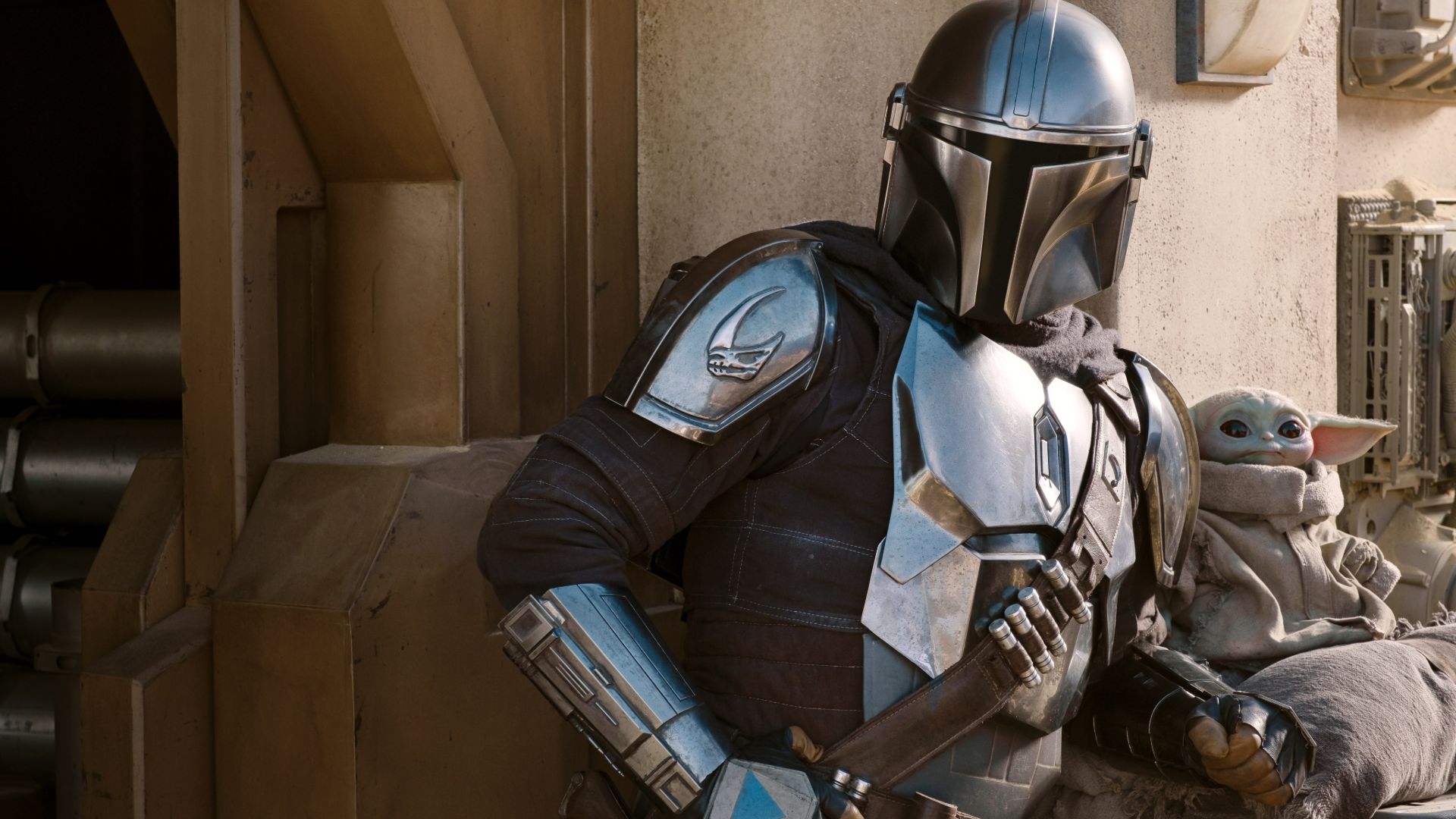Why Lucasfilm doesn’t need to make Star Wars movies any more
Opinion: The big screen made Star Wars, but its future lies elsewhere

Sign up for breaking news, reviews, opinion, top tech deals, and more.
You are now subscribed
Your newsletter sign-up was successful
I was born too late to see the original Star Wars movies in the cinema. Instead, my first exposure to the classic trilogy came on the small screen, watching my off-the-TV VHS recordings so often that I can still tell you where the commercial breaks are ‘supposed’ to come.
Even viewing Admiral Ackbar, AT-ATs and asteroids on a 14-inch, 4:3 television, Star Wars felt like the best thing ever. But I still yearned for the chance to watch A New Hope, The Empire Strikes Back and Return of the Jedi on a bigger screen – an opportunity that came thanks to 1997’s Special Editions.
Without getting sucked into the tedious debate about whether Han Solo should/shouldn’t shoot first (he clearly should), it was instantly obvious that the theater was where Star Wars belonged. Aside from enjoying the spectacle of the space battles and the booming THX soundtrack, I suddenly realized there was an extra AT-ST on Hoth that was omitted from the pan-and-scan version – these things matter.
For a movie fan, there are few experiences to match the anticipation of sitting in a packed cinema, watching the iconic “A long time ago, in a galaxy far, far away….” dissolve into that famous John Williams fanfare and an all-new opening crawl. Being in one of London’s IMAX cinemas for the first press screening of The Force Awakens remains one of the highlights of my journalistic career, enjoying the movie surrounded by a bunch of critics and media-types unashamedly cheering and applauding as they were instantly transported back to their childhoods.
In other words, Star Wars movies are kind of a big deal for me – so it feels odd to say that, right now, I could live without ever seeing one on the big screen again. In fact, I’d go as far as saying that Lucasfilm should give new Star Wars movies a miss – period.
Making Star Wars films is a challenging business. Even if you take the complexities of juggling a huge cast, multiple sets and thousands of effects shots as a given, you’re also battling against the weight of expectation. Because more than for any other franchise, Star Wars movies are held up to an impossible standard – living up to a trio of films we view through the rose-tinted spectacles of nostalgia.
- New Star Wars movies and TV shows explained
- Disney Plus: our guide to the streaming service
- Inside The Bad Batch on Disney Plus

The truths we cling to
Satisfying the legacy of the original trilogy is more complicated than simply making a quality movie. Whether it’s justified or not, every single Star Wars film will forever be judged against A New Hope, The Empire Strikes Back and Return of the Jedi. Thanks to the original movies, a massive proportion of the fanbase ‘knows’ exactly what they think a Star Wars film should be. The problem is that that means different things for different people – a state of affairs that traps filmmakers in an impossible purgatory of damned if you do, damned if you don’t.
Sign up for breaking news, reviews, opinion, top tech deals, and more.
If, for example, you go down the entertaining, highly lucrative route JJ Abrams took with The Force Awakens, some fans will say you’ve simply taken the safe option, making a loose cover version of the original movie. If you go the other way, however – as Rian Johnson did with his bold and brilliant but divisive The Last Jedi – other fans will say you’ve lost sight of what Star Wars is. Like Darth Vader’s duel with Obi-Wan Kenobi in A New Hope, this is a fight it’s impossible to win.
Star Wars creator George Lucas had already learned this lesson the hard way. No movie in history has been more anticipated than The Phantom Menace was in 1999, but the gap between the (unrealistic?) expectations of a grown-up fanbase and the filmmaker’s vision ultimately proved insurmountable. Where much of the audience craved non-stop adventure and excitement, Lucas wanted to tell a story of politics, romance and betrayal. The prequels’ leaden dialogue and stilted performances didn’t help their cause, but in many fans’ eyes they would always be inferior simply because they weren’t the original movies.
Lucas was ahead of his time, however, because he always saw Star Wars as a place for innovation and new adventures. Indeed, former Disney CEO Bob Iger revealed in his memoirs (via ScreenRant) that one of Lucas’s main criticisms of The Force Awakens was its lack of originality: “‘There’s nothing new,’ [Lucas] said. In each of the films of the original trilogy, it was important to him to present new worlds, new stories, new characters, and new technologies. In this one, he said, ‘There weren’t enough visual or technical leaps forward.’”
New hopes

In other words, Lucas knew that Star Wars’ shelf-life would be limited if he kept regurgitating the same stories in the same format. So while Disney arguably over-saturated the market with five new Star Wars movies in the space of four years (Iger admitted to The Hollywood Reporter that it was “a little too much, too fast”), the studio’s bigger error was refusing – as Kylo Ren put it – “to let the past die”.
By continuing the Skywalker Saga, perpetuating the myth of a “Chosen One”, and sticking to the trilogy formula (while three is the magic number, it’s also arbitrary and limiting), they made one of the most exciting universes in popular culture feel small. (It’s ironic that Disney’s biggest hitting franchise, the Marvel Cinematic Universe, has been successful because it’s wholeheartedly embraced the idea that a Captain America movie can be totally different to a Guardians of the Galaxy story.)
Luckily, movies are no longer Disney and Lucasfilm’s only hope. As Star Wars’ first ever live-action TV show, The Mandalorian (arguably the best Star Wars release since the Return of the Jedi) instantly freed itself from the shackles of the original trilogy, the rhythms of an eight-episode TV season so different to those of a movie that Din Djarin and Baby Yoda deftly sidestepped those impossible comparisons.
Remarkably, the show did so without sacrificing big-screen spectacle. When Lucas tried to make a live-action TV show a decade earlier (the abandoned Star Wars Underworld), he was defeated because he felt it was impossible to deliver the quality he wanted on TV budgets. The rise of streaming and improvements in visual effects technology have transformed the landscape completely.
And as animated series The Clone Wars and Star Wars Rebels have been showing for years, TV is the perfect medium for that galaxy far, far away. After all, in the 44 years since Lucas first transported us to Tatooine, his franchise has grown into a vast universe packed with people, droids and aliens who’ll never cross paths with Jedi royalty like the Skywalkers, yet still have interesting stories to tell.
I’m excited about Ahsoka, Rangers of the Old Republic, The Book of Boba Fett, Andor, The Acolyte and the other new Star Wars TV shows announced at Disney’s Investor Day in December because they’re an opportunity to visit corners of the galaxy an epic movie saga could never reach. I want new characters and new stories, and the sense that I’m watching something I’ve never seen before.
Films are what made Star Wars but – while I’ll be happy if Patty Jenkins’ in-the-works Rogue Squadron proves me wrong – it’s now time to take a different path. The franchise’s future is bright – it’s just not necessarily on the big screen.
Richard is a freelance journalist specialising in movies and TV, primarily of the sci-fi and fantasy variety. An early encounter with a certain galaxy far, far away started a lifelong love affair with outer space, and these days Richard's happiest geeking out about Star Wars, Star Trek, Marvel and other long-running pop culture franchises. In a previous life he was editor of legendary sci-fi and fantasy magazine SFX, where he got to interview many of the biggest names in the business – though he'll always have a soft spot for Jeff Goldblum who (somewhat bizarrely) thought Richard's name was Winter.
